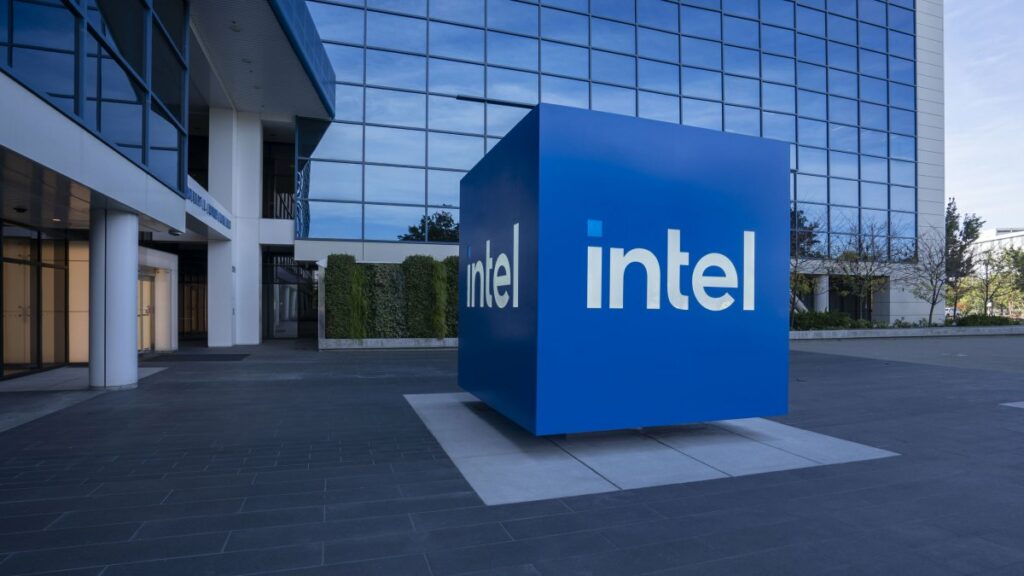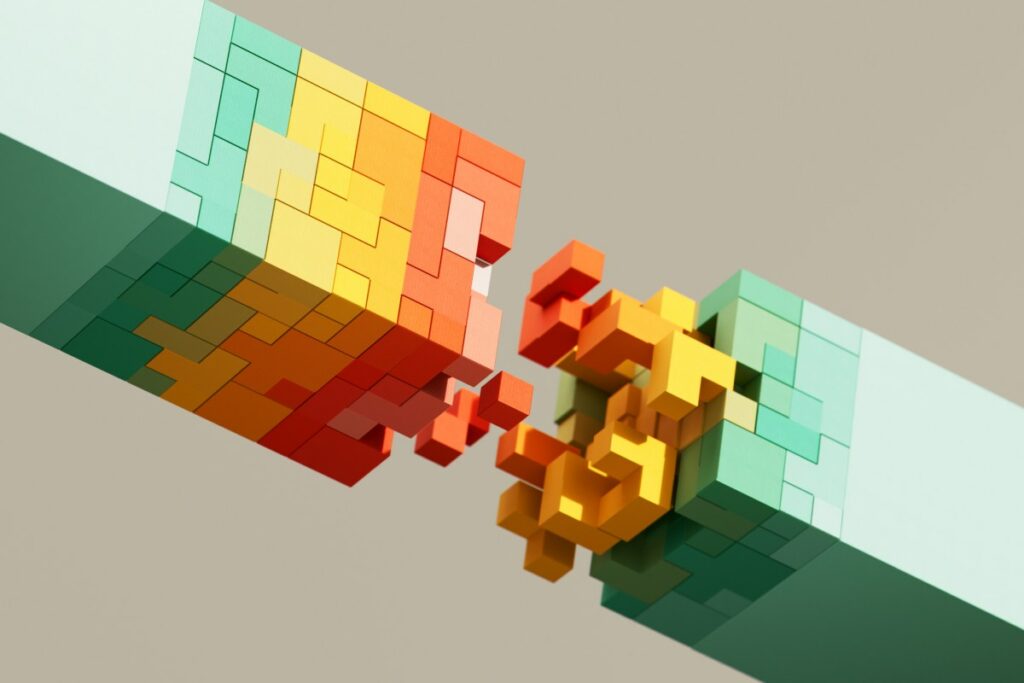Intel has announced that CEO Pat Gelsinger has retired, effective December 1, and stepped down from the company’s board of directors.
Intel execs David Zinsner and Michelle Johnston Holthaus have been named interim co-CEOs. Zinsner is Intel’s CFO, and Holthaus, GM of Intel’s client computing group, has been appointed to the newly created position of CEO of Intel Products, a division spanning the chipmaker’s client computing group as well as its data center, AI, network, and edge businesses.
Frank Yeary, independent chair of the board of Intel, will become interim executive chair during the period of transition. Intel says that the leadership structure at Intel Foundry, its chip design and manufacturing org, remains unchanged, and that the Intel board has formed a search committee to find a permanent successor to Gelsinger.
“Leading Intel has been the honor of my lifetime — this group of people is among the best and the brightest in the business, and I’m honored to call each and every one a colleague,” Gelsinger said in a statement. “Today is, of course, bittersweet as this company has been my life for the bulk of my working career. I can look back with pride at all that we have accomplished together. It has been a challenging year for all of us as we have made tough but necessary decisions to position Intel for the current market dynamics. I am forever grateful for the many colleagues around the world who I have worked with as part of the Intel family.”
Gelsinger first joined Intel as an 18-year-old after earning an associate’s degree from Lincoln Tech. He was the lead architect of Intel’s 4th generation 80486 processor, introduced in 1989. And at age 32, he was named the youngest VP in Intel’s history.
Gelsinger became Intel’s CTO in 2001, leading key tech developments including Wi-Fi, USB, and the Intel Core and Intel Xeon processors lines. In 2009, he left to join EMC as president and CFO, becoming the CEO of VMware in 2012.
Gelsinger rejoined Intel as CEO as the company found itself under pressure from activist investors to reorganize. He launched an ambitious course correction, greenlighting the construction of massive new chip manufacturing plants in the U.S. and overseas and stating ambitious for Intel to catch up to Taiwanese chip manufacturer TSMC and Korean chip manufacturer Samsung by the end of the decade.
But Gelsinger often stumbled — and struggled to deliver on his promises.
Gelsinger reportedly offended TSMC by calling out Taiwan’s precarious relations with China, which led to Intel losing out on discounts from the chip manufacturer. He was overly optimistic about the prospects of Intel’s AI chips. And his efforts to transform Intel into a chip fabricator for other companies ran into delays and technical problems.
Intel’s revenue shrunk to $54 billion in 2023, down around a third from the year Gelsinger took over. Analysts expect Intel to lose $3.68 billion this year, its first annual net loss since 1986.


